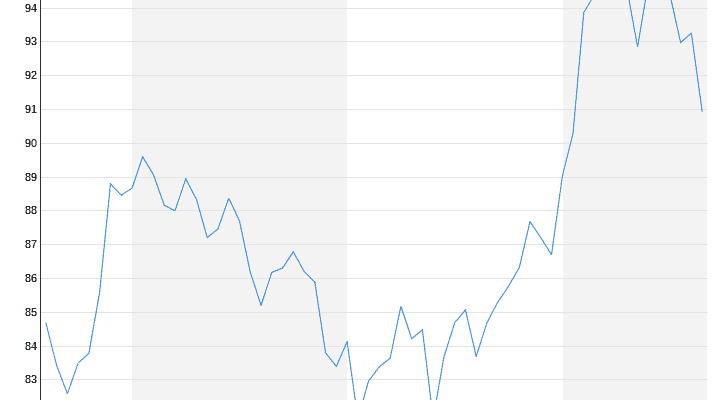Monday, June 21, 2021
“Real decision-makers are customers”
BMW is not giving up combustion engines yet
The carmakers outdo each other with plans for electromobility – but now BMW boss Zipse is stepping on the euphoria brake. His company will continue to offer combustion engines after 2030 and refers to customer requests.
BMW boss Oliver Zipse has defended the strategy of his group of getting out of the production of classic combustion engines more slowly than, for example, the domestic competitor Audi. “The real decision-makers in our industry are the customers. And you should never lose sight of them,” said the manager of the “Passauer Neue Presse” and the “Donaukurier”.
He referred to the plans of the Munich-based company to sell half of the cars with purely battery-electric drives in 2030. “If a manufacturer then no longer has a combustion engine offering, then half the market volume will be lost to them and they will find themselves on an entrepreneurial downward path.” It is true that there will be cities, regions and countries in the next 15 years in which the transformation process to electromobility is taking place in full. But that will not be the case in the sum of 140 BMW markets around the world.
The Volkswagen subsidiary Audi recently announced that it would bring the last combustion engine onto the market in the middle of the decade. From 2032 or 2033, the Ingolstadt-based company will only sell vehicles with electric drives worldwide. In contrast, Daimler has decided for its Mercedes-Benz brand that the entire new vehicle fleet should be CO2-neutral from 2039. CEO Ola Källenius has indicated, however, that the company could set itself more ambitious goals and wants to give a strategy update this year, as he told the “Stuttgarter Zeitung” and the “Stuttgarter Nachrichten”. The exit from combustion technology is now the “most conservative scenario”, he said.
Electric cars are already becoming increasingly popular. In May, 380 percent more were approved than in the same month last year. Overall, they made up 11.6 percent of the 231,000 newly registered cars. Plug-in hybrids recorded an increase of 303 percent and thus made up a share of 11.8 percent. “The classic combustion engine is losing market share at a breathtaking pace,” said industry expert Peter Fuß from management consultancy Ernest & Young. Alternative drives have long ceased to be a niche market. “On the contrary: In May, more new cars that can be charged at the socket were sold than new diesel cars.”
.
